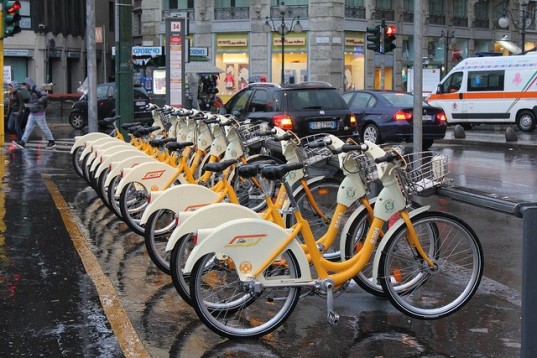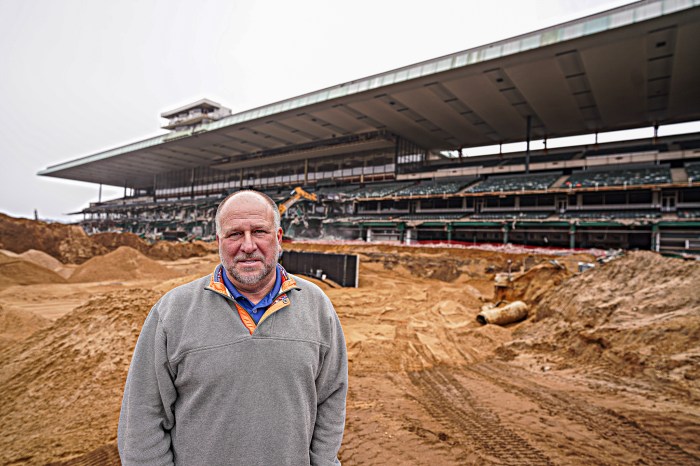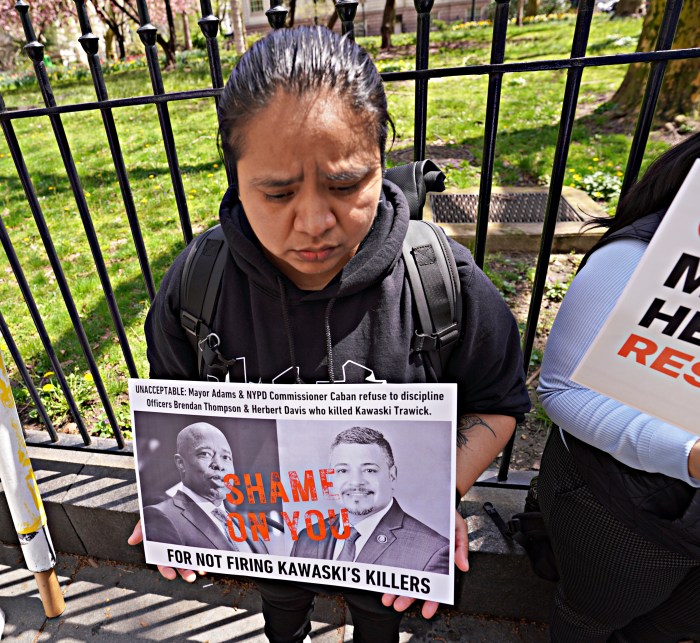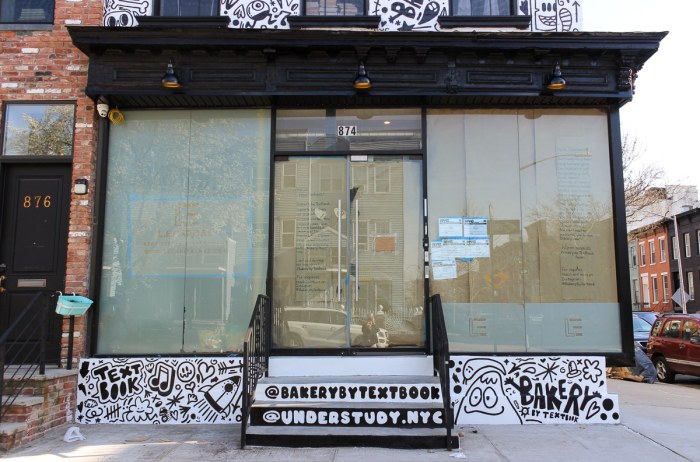BY TERESE LOEB KREUZER | By this past July, Alta Bicycle Share was supposed to have started rolling out at least 1,000 bicycles for short-term rental at docking stations in Manhattan, Brooklyn and Queens. Now the announced start date for the bike-sharing program is March 2013.
The delay was attributed to a software problem.
“Hopefully, the software will work by then,” Mayor Bloomberg said on his weekly radio show.
The software affects all aspects of the bike-share operation, which will allow riders to unlock a bicycle in one location, ride the bike for a short trip and leave it elsewhere, all for a modest fee. Software controls everything from Internet bookings and payment mechanisms to the hundreds of solar-powered docking stations, to the Global Positioning System that tracks and monitors inventory.
Much to the surprise of city officials, who thought that the software would be similar to that used in Boston and Washington, D.C., where Alta previously installed bike-share systems, the software for New York City is being developed from scratch.
Alta and its Canadian partner, Public Bike System Company, had worked with Montreal-based 8D Technologies, Inc. to create and install software for the earlier bike-share programs. But in January 2012, P.B.S.C. dumped 8D, which responded by filing a $26 million lawsuit. P.B.S.C. countersued for $2.5 million, claiming that 8D had overbilled. Now P.B.S.C. alone is developing software for New York City’s bike-share program, which is larger and more complicated than anything attempted elsewhere.
P.B.S.C. has hired an American company, Personica, headquartered in Hopkinton, Mass., to work on the software development. Personica, in turn, has subcontracted some of the programming to a company in India, according to CBC/Radio-Canada News.
However, P.B.S.C. is said to be having cash flow problems and has not been able to pay its suppliers on time. Revenue from the New York City bike-share rollout was supposed to underwrite P.B.S.C.’s expenses, but this revenue has now been delayed.
Nevertheless, Paul Steely White, executive director of Transportation Alternatives, an advocacy organization for citywide bicycling, walking and public transit, believes that the problems will be resolved.
“We have full confidence in Alta’s ability to deliver on their contract,” he said. “Delays are part of big-city infrastructure and big-city programs.”
He said that the city had made the right decision to wait for spring to launch.
“Any glitches or bumps in the road that Alta or anyone else has had I think are being quickly remedied,” he commented. “The fact is that Alta has an extremely strong track record in operating systems in other big cities like Washington, D.C., so we still have 100 percent confidence in their ability to get the job done.”
The delay in launching the program will not affect the financing. Citibank is putting up $41 million for the first five years of what it calls “Citi Bike,” and Master Card is kicking in $6.5 million to process the rental payments.
Bike New York, a nonprofit organization that was founded to promote cycling in New York City, is supposed to be offering free bike-riding lessons in conjunction with the program. Bike New York’s revenues come primarily from the annual Five Boro Bike Tour, which attracts cyclists from all over the world to ride a 40-mile course through New York City. Last year, more than 32,000 cyclists participated.
However, the New York Police Department has threatened the Bike New York program’s finances by proposing to impose a $930,000 fee for police coverage during the bike tour. At a hearing at 1 Police Plaza on June 20, Kenneth Podziba, Bike New York’s president and C.E.O., asked that the organization be exempt from this fee. Alta’s president, Alison Cohen, accompanied him during his presentation. Bike New York is still awaiting a response from the N.Y.P.D.
The Alta Bike Share program is now scheduled to launch with 7,000 bicycles at 420 docking stations. Eventually, it is supposed to grow to 10,000 bicycles at 600 stations.
However, New York City Comptroller John Liu is pleased with the delay in the start of bike-share. He was concerned that a rollout of this magnitude was going to create injuries and lawsuits. Now he feels there will be enough time to put safety measures in place.

















